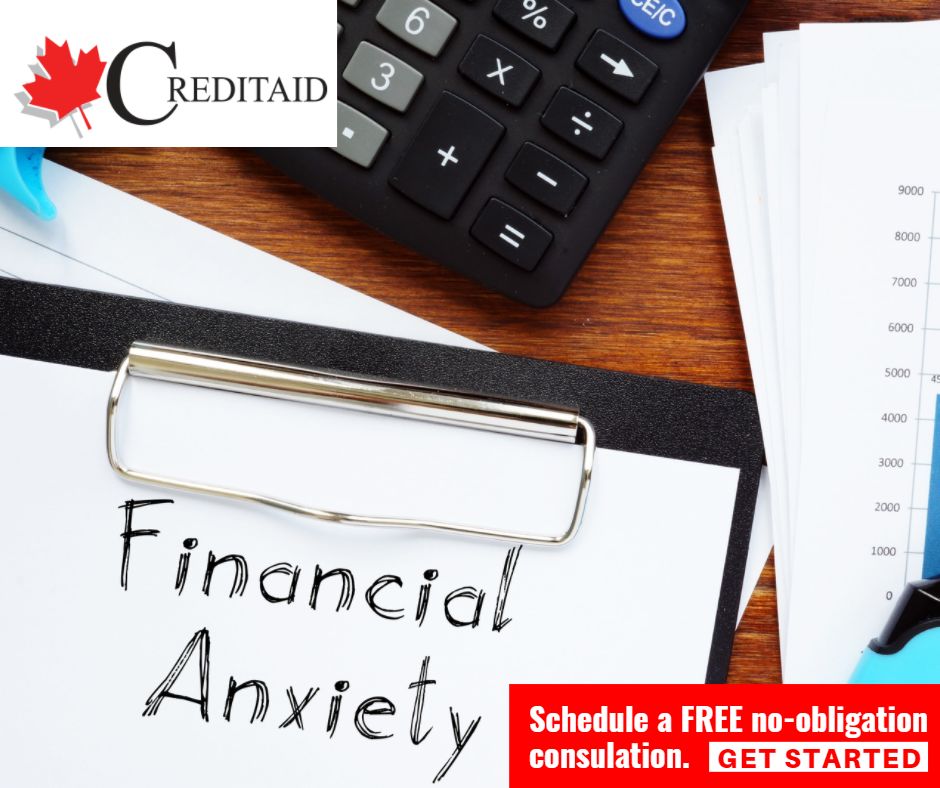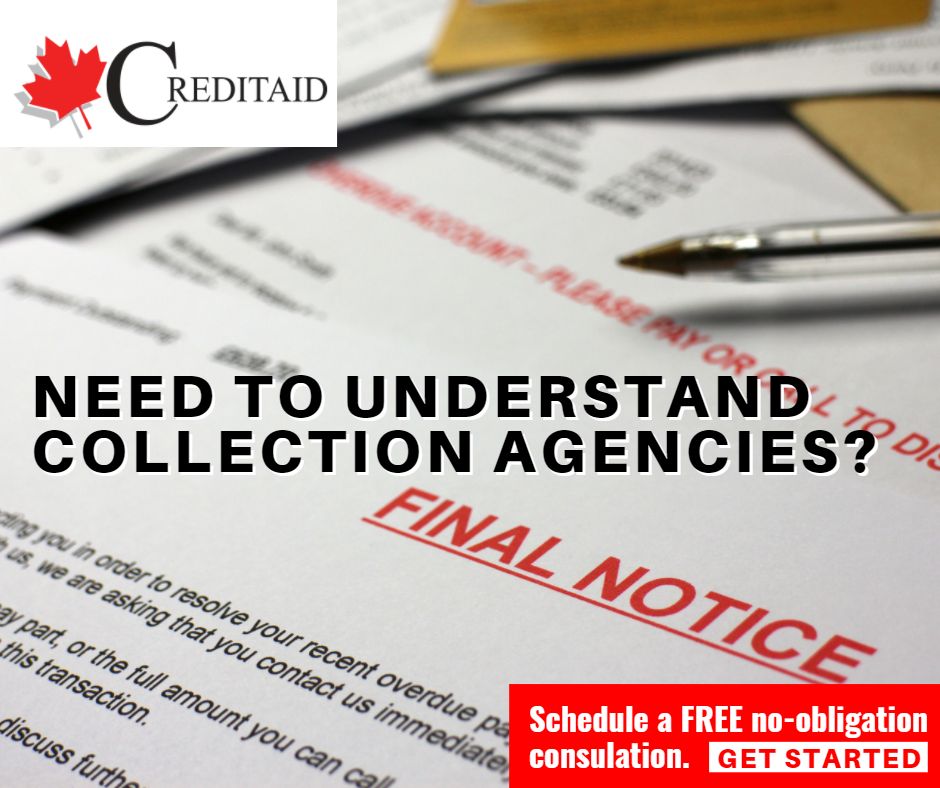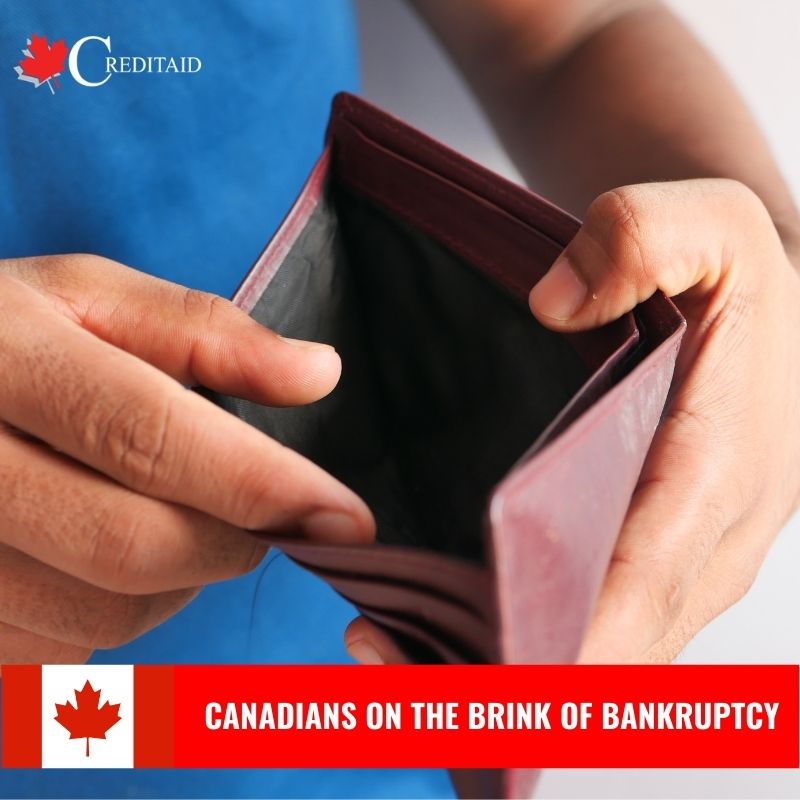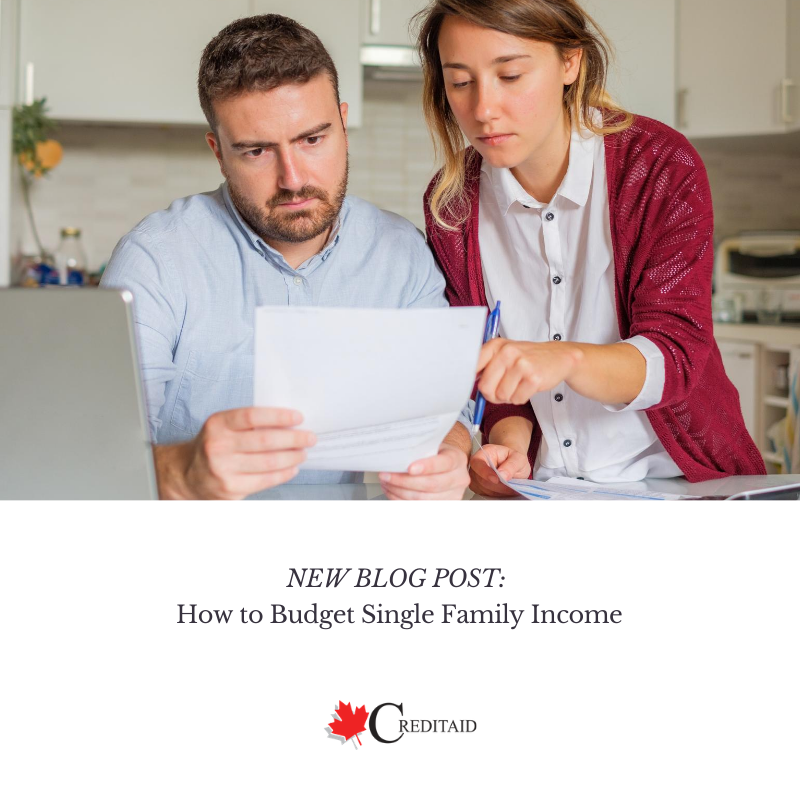The pandemic made it tough for thousands of Canadians to keep up with their bills, especially the high-interest consumer debt. A debt holiday was put in place on consumer debt and mortgages helping Canadians handle the daily cost of living without worrying about excessive debts.
Now that the country and even the world are coming back together and things are opening up, the debt holiday is nearing its ends. This means many bills will be due again – but how do you prepare for such a change in your finances?
Check out the tips below.
Negotiate a Payment Plan
Before your deferment plans end, contact your creditors. Don’t wait until the plan expires and then try to work something out. At that point it’s too late, your payments will be due and if you don’t pay them, it will hurt your credit.
Call your creditors long before it ends and ask about your options. Let them know your financial situation, whether you’re furloughed, not working, or working but trying to catch up. Most creditors will work with you, helping you figure out an affordable plan. Creditors would rather make a plan and receive the full payment than put you at risk of defaulting altogether.
Continue reading “How to Prepare for the end of Debt Holiday”








